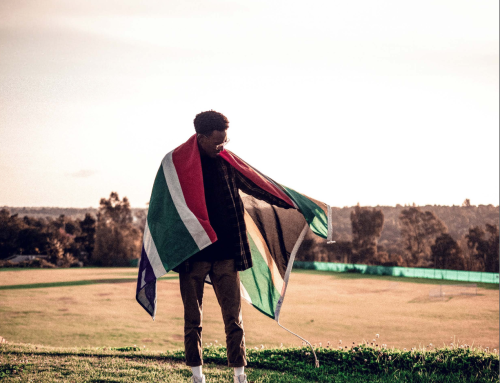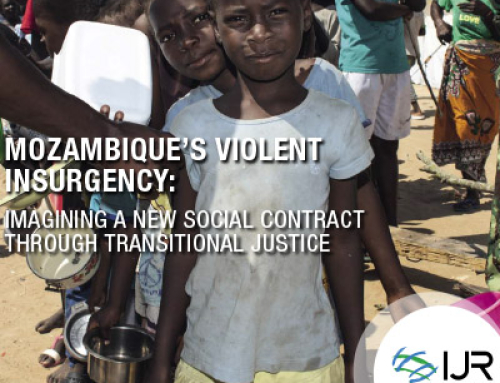
IJR Burundi Country Profile
There have been arguably more coups, attempted coups and changes of government in Burundi since the country’s first democratic elections in 1993 than in any other African country. Ethnic divisions, entrenched during the colonial period between the Hutu and Tutsi groups, lie at the heart of the conflict which has raged for over a decade.
The years of violent struggle for power between different Burundian political parties and militias, marked by the use of genocidal tactics by Hutus and Tutsis, culminated in the country’s first democratic elections in June 1993. These were won by the Front pour la Démocratie au Burundi (FRODEBU), led by Melchior Ndadaye, a Hutu, who emerged as the nation’s first democratic president – bringing an end to decades of one party rule that had been dominated by Union pour le Progrès National (UPRONA), a predominantly Tutsi party. Ndadaye was killed four months later in a coup that was led by a faction of the army. The coup shattered hopes for national unity and posed the question whether western–style democracy, based on multi-party politics, could work in a society as deeply divided as Burundi.
Peace talks resulting from the 2000 Arusha Accord, subsequent elections and a later decision by the Forces Nationales de Libération (FNL) to join the peace process suggest that Burundi has a realistic chance to forge a lasting peace agreement. All major political parties are committed to see this happen. There are, however, still many challenges that have the capacity to plunge the country back into war. These include the need to decide on how to deal with the country’s violent past, marred as it is by gross violations of human rights. Options include an internationally-driven process to set up a hybrid truth commission and special chamber within the judiciary involving both Burundian and international commissioners.
Peace in Burundi is not solely in the hands of Burundians. Regional stability too is crucial. If peace is not sustained in the Democratic Republic of Congo (DRC), stability in Rwanda does not hold, and Uganda, Rwanda and the DRC fail to pacify Congo’s eastern corridor, the chances for lasting peace in Burundi are likely to diminish.
Pages: 8
Dimensions: A4
Date of publication: 2010




